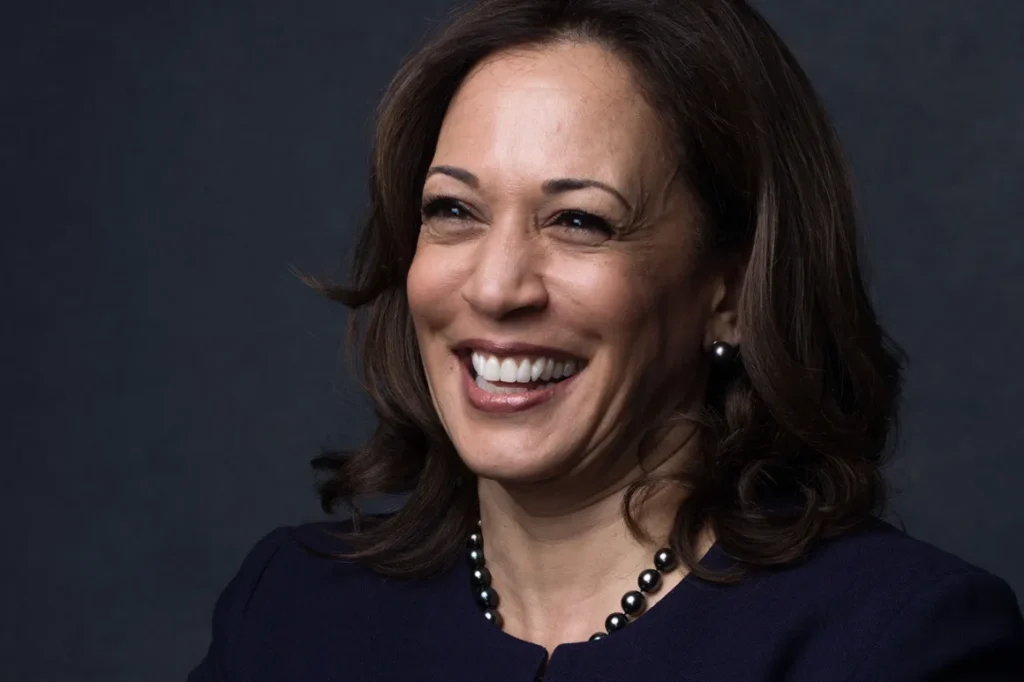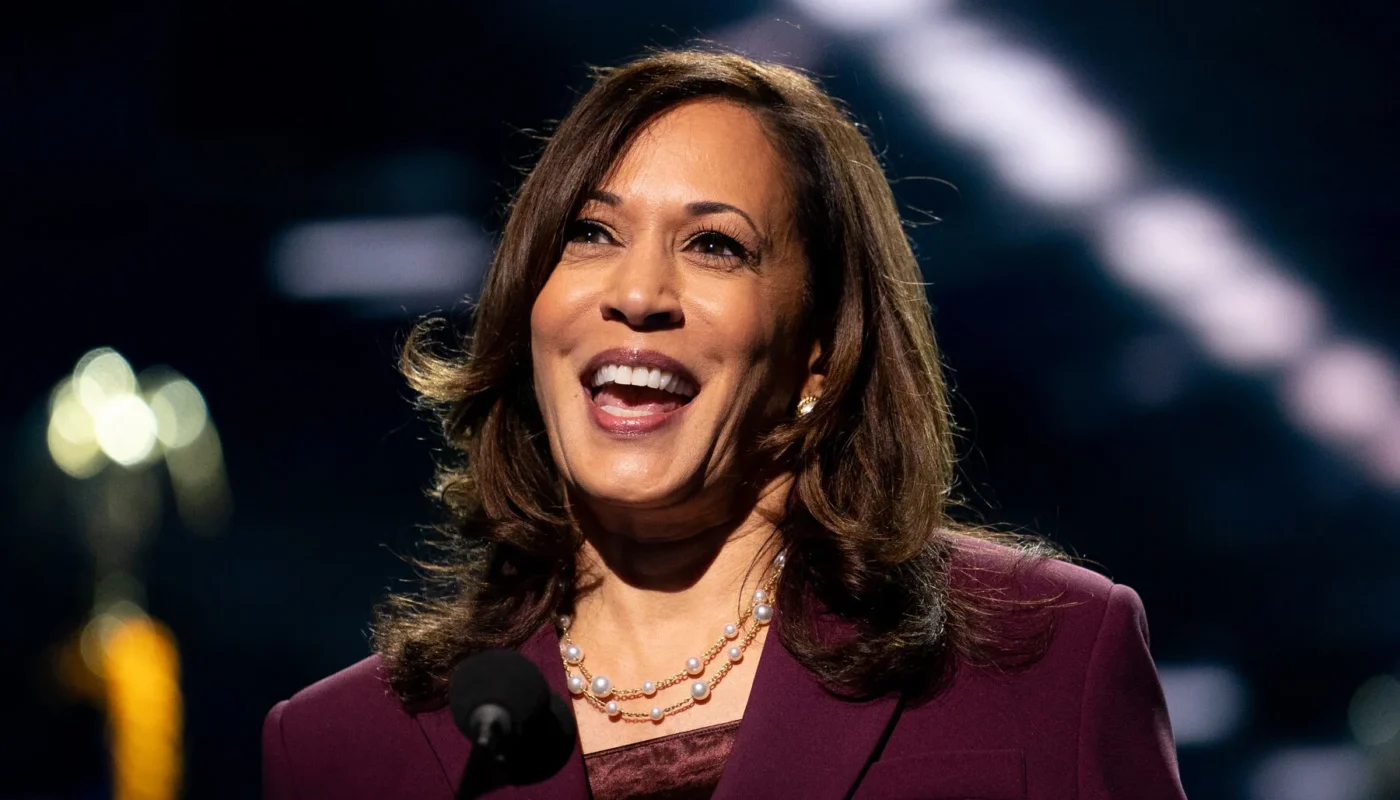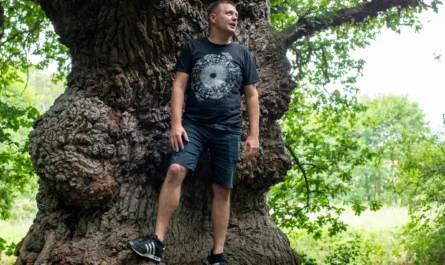Kamala Harris’s journey to national prominence is deeply intertwined with the remarkable lives of her parents, Shyamala Gopalan and Donald J. Harris. Their paths, marked by academic excellence, pioneering spirit, and a shared commitment to social justice, converged in the vibrant crucible of 1960s America, shaping not only their destinies but also the worldview of their daughters.
Understanding their biographies offers crucial insight into the diverse heritage and intellectual foundations that define one of America’s leading political figures.
Shyamala Gopalan: The Pioneering Scientist and Activist Mother
Born on December 7, 1938, in Madras (now Chennai), British India, Shyamala Gopalan embarked on a path that defied the conventions of her time. Her father, P.V. Gopalan, was a distinguished Indian civil servant whose career involved frequent relocations across India, exposing Shyamala to diverse cultural landscapes from a young age.
Shyamala pursued a Bachelor of Science in Home Science at Lady Irwin College, University of Delhi. Driven by an insatiable intellectual curiosity and a desire to contribute meaningfully to science, she made a bold decision at the age of 19: she applied to and was accepted into a master’s program in nutrition and endocrinology at the University of California, Berkeley.
In 1958, she left India for the United States, a journey that symbolized her pioneering spirit and intellectual ambition. At UC Berkeley, Shyamala earned her Ph.D. in nutrition and endocrinology in 1964. Her academic pursuits quickly transitioned into a distinguished career as a biomedical scientist.
She conducted groundbreaking research at institutions such as the Lawrence Berkeley National Laboratory, the University of Illinois Urbana-Champaign, the University of Wisconsin, and, for 16 years, the Lady Davis Institute for Medical Research at McGill University.
Her most significant contributions were in the field of breast cancer research, where her work on isolating and characterizing the progesterone receptor gene stimulated crucial advances in breast biology and oncology, transforming the medical establishment’s understanding of the hormone-responsiveness of breast tissue.
Beyond her scientific endeavors, Shyamala was also a committed civil rights activist. Her experiences as a young woman of color in both colonial India and the racially charged American landscape fueled her passion for justice. She actively participated in the Civil Rights Movement during her time at Berkeley, an environment where she would meet her future husband.
Shyamala raised her daughters, Kamala and Maya, with a strong sense of identity, purpose, and a deep understanding of their heritage, often instilling in them the mantra, “You may be the first to do many things, but make sure you are not the last.” She passed away in 2009 after a battle with colon cancer.
Donald J. Harris: The Renowned Economist and Jamaican Scholar
Donald Jasper Harris was born on August 23, 1938, in Brown’s Town, Saint Ann Parish, Jamaica. His upbringing in rural Jamaica provided him with a unique perspective on economic development and societal structures. He received his early education in Jamaica, graduating from Titchfield High School.
Harris continued his academic journey at the University College of the West Indies (then part of the University of London), where he earned a Bachelor of Arts degree in 1960. Like Shyamala, he then ventured to the United States for advanced studies, enrolling at the University of California, Berkeley, where he completed his Ph.D. in economics in 1966.
Donald J. Harris went on to become a highly respected and influential economist. He held professorships at the University of Illinois at Urbana-Champaign, Northwestern University, and the University of Wisconsin-Madison before joining the faculty of Stanford University in 1972. At Stanford, he made history as the first Black scholar to be granted tenure in the university’s Department of Economics, where he is now a professor emeritus.
His academic work is particularly noted for its application of post-Keynesian ideas to development economics. Harris’s research extensively explored the process of capital accumulation and its implications for economic growth, often critically assessing mainstream economic theory.
He argued that economic inequality and uneven development are inherent properties of economic growth within a market economy. Beyond academia, he served as an economic policy consultant to the government of Jamaica and as an economic adviser to successive prime ministers, contributing directly to the economic development of his home country.
Donald Harris, too, was involved in the civil rights movement of the 1960s, a shared passion that brought him together with Shyamala. While his relationship with his daughters became more distant after his divorce from Shyamala, he remained a significant intellectual figure, dedicating his 1978 book, Capital Accumulation and Income Distribution, to his daughters.

A Meeting of Minds and Movements: Their Shared Journey
Shyamala Gopalan and Donald J. Harris met in 1962 at a civil rights study group at the University of California, Berkeley. Their shared intellectual curiosity, commitment to social justice, and immigrant experiences forged an instant connection. They married in 1963, a union that brought together distinct yet complementary cultural heritages: Indian and Jamaican.
Their two daughters, Kamala Devi Harris (born 1964) and Maya Lakshmi Harris (born 1967), were raised in a household steeped in intellectual discourse, political activism, and a profound appreciation for their dual heritage. The family lived in various university towns, including Berkeley, Urbana (Illinois), Evanston (Illinois), and Madison (Wisconsin), reflecting their parents’ academic careers.
The marriage, however, ended in divorce in 1972 when Kamala was seven years old. Shyamala took on the primary responsibility for raising her daughters, ensuring they remained connected to both their Indian and Jamaican roots while instilling in them a strong sense of social consciousness and the importance of education. Kamala Harris has often spoken about her mother’s immense influence on her life and career, crediting her with shaping her values and aspirations.
The Enduring Influence on Kamala Harris
The lives of Shyamala Gopalan and Donald J. Harris profoundly shaped Kamala Harris. Her mother’s dedication to scientific inquiry and her unwavering commitment to fighting for justice instilled in Kamala a rigorous analytical approach and a deep sense of public service. Her father’s expertise in economics and his critical perspective on societal structures provided a framework for understanding systemic inequalities.
Kamala Harris’s unique bicultural upbringing, exposed to both Indian and Jamaican traditions, as well as the American Civil Rights Movement, fostered a nuanced understanding of identity, diversity, and the pursuit of equality.
These foundational experiences and intellectual legacies are evident in her career as a prosecutor, Attorney General, Senator, and national political figure, where she has consistently advocated for policies aimed at addressing systemic disparities and promoting opportunity.
Queen Frontman Freddie Mercury Had a Hidden Daughter, New Biography Claims.
Conclusion
The biographies of Shyamala Gopalan and Donald J. Harris are not merely personal histories; they are narratives of intellectual achievement, cultural convergence, and unwavering dedication to making a difference. Their journey from distant lands to the academic and activist forefront of America laid the groundwork for their daughter’s groundbreaking career, leaving an indelible mark on her pursuit of justice and public service.
Their legacy continues to resonate, reflecting the rich tapestry of American identity and the enduring power of education and activism.
Frequently Asked Questions (FAQ)
Where were Kamala Harris’s parents born?
Kamala Harris’s mother, Shyamala Gopalan, was born in Madras (now Chennai), British India. Her father, Donald J. Harris, was born in Brown’s Town, Saint Ann Parish, Jamaica.
What were Kamala Harris’s parents’ professions?
Shyamala Gopalan was a biomedical scientist specializing in breast cancer research. Donald J. Harris is an economist and professor emeritus at Stanford University.
How did Kamala Harris’s parents meet?
They met in 1962 at a civil rights study group at the University of California, Berkeley, where they were both graduate students.
Did Kamala Harris’s parents influence her career?
Yes, Kamala Harris has frequently cited her parents’ intellectual pursuits, their commitment to civil rights, and their diverse cultural backgrounds as profound influences on her values, worldview, and career path.
Are both of Kamala Harris’s parents still alive?
Shyamala Gopalan passed away in 2009. Donald J. Harris is still living.
Disclaimer: This article is based on publicly available biographical information and aims to provide an accurate and well-researched overview of Kamala Harris’s parents. While every effort has been made to ensure factual correctness, details of personal lives can sometimes be subject to varying interpretations or limited public information. This content is for informational purposes and does not constitute political endorsement or commentary.



